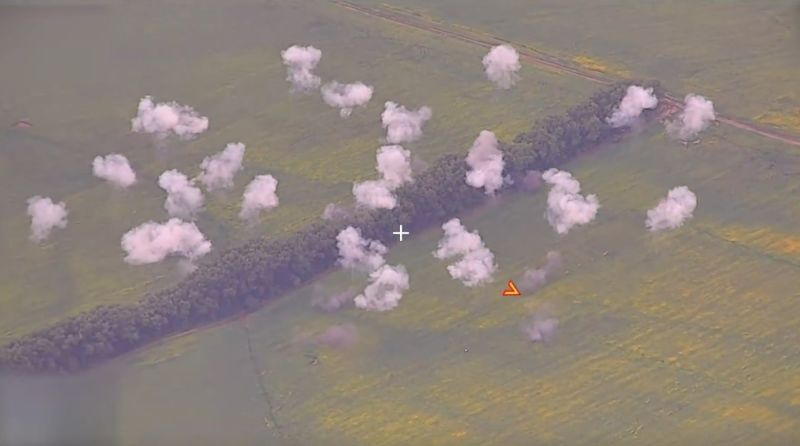In August of 2016, Russia alleged that Ukraine had orchestrated an incursion into its territory. This claim, however, was met with profound skepticism and criticism from both Ukraine and the international community. Although Russia vehemently emphasized the intervention of Ukrainian saboteurs, presenting men it claimed were Ukrainian soldiers, there has been an unmistakable dearth of concrete evidence supporting these allegations.
At the heart of this controversy lies the contested Crimean Peninsula, which was annexed by Russia from Ukraine in 2014 under widely disputed circumstances. This alleged incursion is said to have occurred on the border of Crimea, a point of continuous tension between the two nations. Russia’s Federal Security Service (FSB) stated that a group of Ukrainian saboteurs had been intercepted, and a cache of explosives and weapons had been seized. The FSB also accused Ukraine of plotting terror attacks on vital parts of Crimea’s infrastructure, thereby inflaming the already volatile situation.
However, to discern the truth behind these allegations, it is imperative to analyze the available evidence and the context surrounding it. Firstly, Russia’s presentation of its primary evidence – the supposed Ukrainian saboteurs – was merely limited to television footage of the men who were allegedly captured. Bear in mind that these so-called saboteurs were not presented to any independent or international bodies for verification. There were bogus confessions which seemed to have been made under duress, casting doubts on their authenticity.
Moreover, the fact that these allegations were made within the context of an already tense geopolitical situation fuels skepticism. At the time, Russia had been facing increasing international isolation due to its annexation of Crimea which the United Nations General Assembly had declared illegal prompting economic sanctions. Potentially, Russia could have fabricated the incursion in an attempt to divert attention and reassert control over the narrative concerning Crimea.
Casting further doubt is the Ukrainian military’s denial of the alleged incursion and its swift dismissal of Russia’s claims as mere propaganda. Furthermore, independent researchers and international bodies such as the Organization for Security and Co-operation in Europe (OSCE) did not report any unusual military activity near the Crimean border during this period. Thus, the international community has largely viewed Russia’s claims with skepticism, given the lack of independently verified evidence.
Several analysts also underscore the possibility that Russia might have exaggerated or outright fabricated the incident to justify an increased military presence or even aggressive action in the region. Others suggest this could have been a political strategy to leverage situations in Eastern Ukraine and Syria, specifically, the negotiations about these conflicts.
Therefore, upon examination of the context in which the claim was made, the lack of independently verified evidence, and the contradicting reports from both Ukraine and international bodies, it appears highly plausible that Russia’s allegations of a Ukrainian incursion are not substantiated. This incident effectively demonstrates how sovereign states can manipulate geopolitical narratives to serve their own interests, underlining the importance of critical analysis and international oversight in such scenarios.




